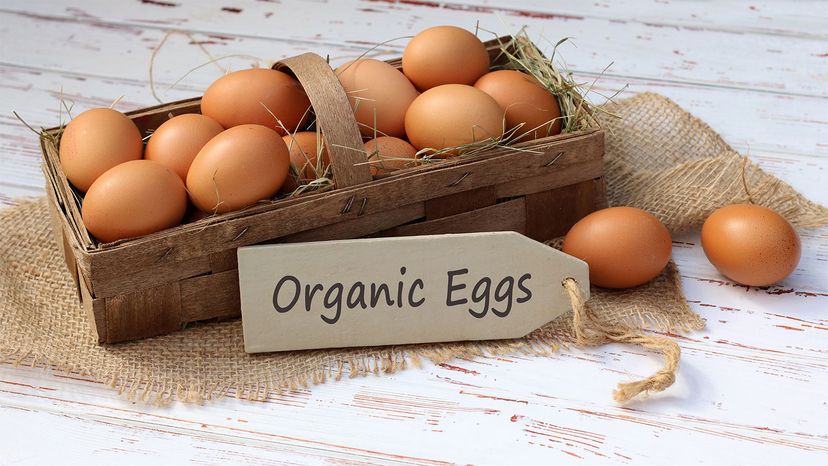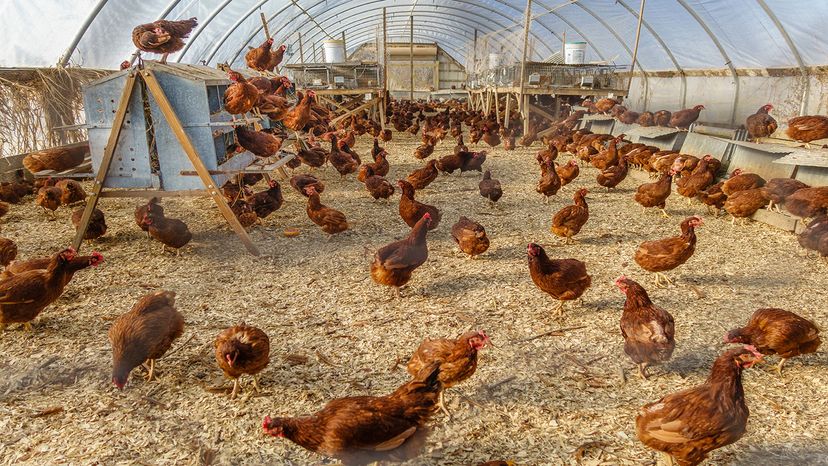
The United States is the world's largest supplier of eggs and poultry, with nearly 100 billion (yes, billion!) eggs produced every year [source: United Egg Producers]. This gives people a wide selection to choose from, but for many conscientious consumers, picking up eggs at the grocery store is about more than just opening the carton and checking for cracks. While price and condition are always important, the health and welfare of the hens laying the eggs has become a significant consideration for many egg lovers. There are several different terms that describe the conditions of egg-laying hens' lifestyles, and two of the most common are cage-free and organic.
All things considered, which is better, cage-free or organic eggs? The short answer is organic, but it's a little more complicated than that. In order to understand the benefits and drawbacks of cage-free and organic eggs, it's necessary to examine the conditions in which most eggs are produced.
Advertisement


